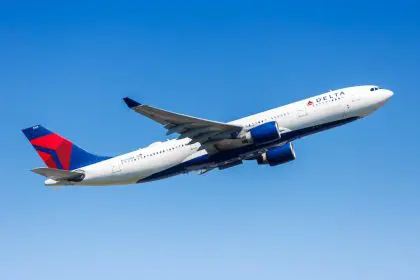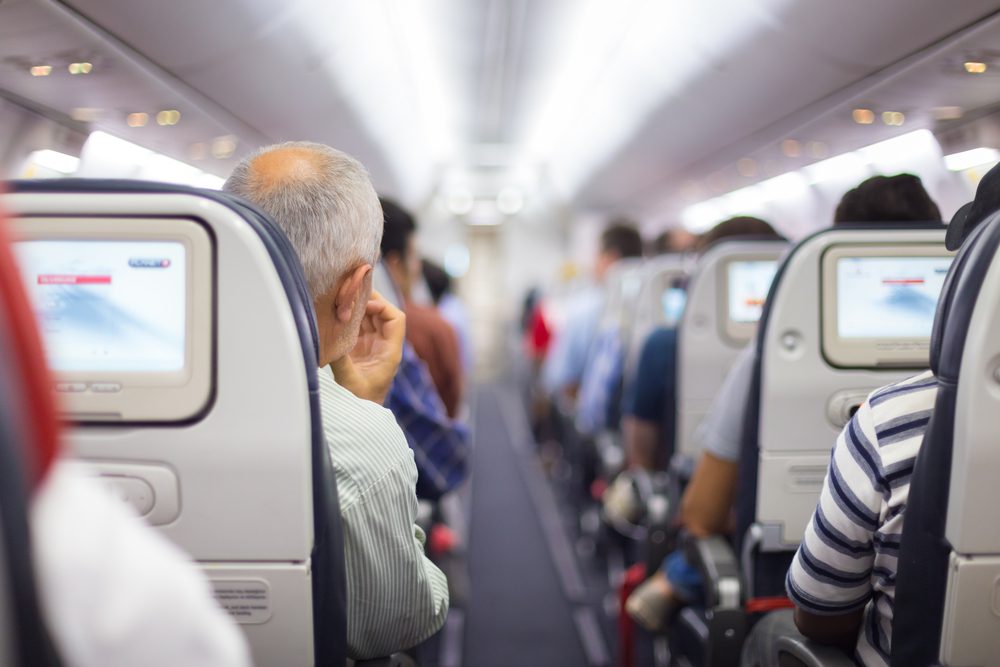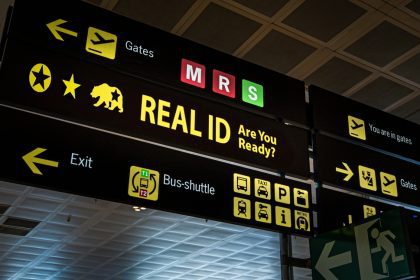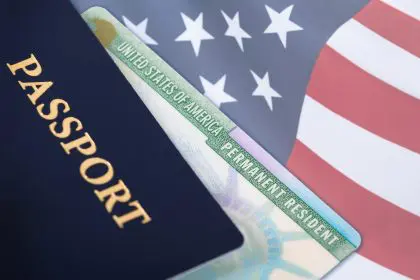A JetBlue flight headed to San Juan, Puerto Rico transformed into an unexpected spectacle when a passenger decided to make his own exit at Boston‘s Logan International Airport. The Dec. 7 incident left fellow travelers stunned as they witnessed what started as relationship drama escalate into a serious security breach.
When private matters become public spectacle
The situation unfolded during what should have been a routine evening flight, according to reports from NBC News and AP News, As the aircraft taxied on the runway, personal tension between two passengers reached a breaking point. What began as an argument over privacy quickly transformed into a security nightmare when the male passenger took matters into his own hands, literally.
In a move that demonstrated both the effectiveness and necessity of onboard security measures, an FBI agent immediately contained the situation. The passenger had managed to deploy the emergency exit and its inflatable slide, but his attempt at a dramatic exit was promptly halted.
The real cost of impulsive decisions
The consequences of this incident rippled through multiple levels. JetBlue efficiently transferred passengers to another aircraft, ensuring their eventual safe arrival in San Juan. However, the broader implications extend beyond mere logistics. This event serves as a stark reminder of how quickly personal conflicts can escalate into matters of public safety and legal consequence.
The passenger’s court appearance in East Boston Municipal Court on Jan. 8 marked the beginning of what promises to be a serious legal journey. Massachusetts State Police have maintained discretion regarding the individual’s identity until charges are finalized, but the gravity of interfering with aircraft safety equipment suggests significant repercussions ahead.
Safety in the modern age of air travel
This incident highlights a crucial intersection between personal responsibility and public safety. As air travel continues to evolve in the post-pandemic era, the aviation industry faces new challenges in balancing passenger comfort with necessary security measures. While authorities maintain this was an isolated incident without broader security implications, it underscores the importance of emotional intelligence and conflict resolution in shared spaces.
The reality is that air travel requires a social contract among passengers, crew members and airlines. When that contract is broken, the consequences extend far beyond individual inconvenience. As the industry continues to recover and adapt, incidents like this prompt necessary conversations about passenger screening, conflict de-escalation, and the role of onboard security personnel.
For frequent flyers, this event serves as a reminder that safety protocols exist for good reason. While the presence of trained security personnel proved invaluable in this situation, the incident also demonstrates how quickly routine flights can become newsworthy events when passengers let emotions override judgment.
As investigations continue, this incident adds another chapter to the ongoing discussion about airline safety and passenger behavior. It’s also a reminder that public meltdowns in restricted spaces like aircraft carry very serious consequences.
The message is clear: regardless of personal circumstances, aircraft safety measures are non-negotiable. As the industry continues to evolve, this incident will likely influence future discussions about passenger screening, security protocols, and the balance between personal freedom and public safety in air travel.















